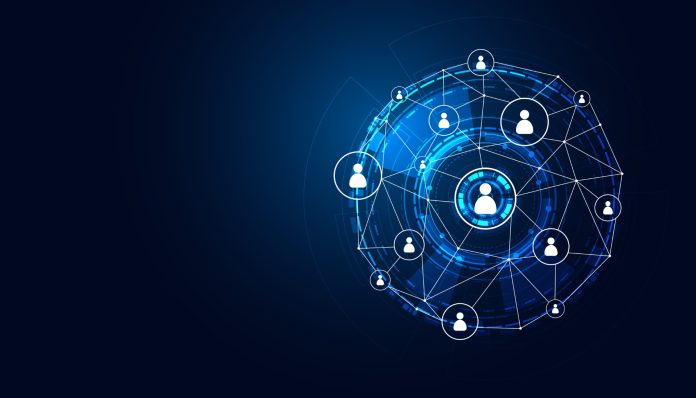Tomedes, a US-based translation company, has launched a new feature on its platform, MachineTranslation.com, called the AI Translation Assistant. This tool allows users to automatically improve their translations by answering AI-generated questions that adapt to the specific needs of their source text. The launch of this feature aims to improve the efficiency, accuracy and personalization of translation workflows, reflecting broader trends in the integration of AI into the translation industry.
The AI Translation Assistant allows users to adjust elements such as tone, audience, and terminology by selecting their preferences from four options provided for each of the three AI-generated questions. This streamlines the process and offers users with more customized translation outcomes. The tool is designed to provide an additional layer of user control over translations, particularly for language service providers (LSPs) and translation companies looking to improve the quality and relevance of their output.
Industry development in AI-powered customization
This feature marks a continued shift in the industry towards the integration of AI-driven tools that complement human expertise. According to Tomedes, MachineTranslation.com is one of the first platforms to combine AI translation recommendations with user-driven customization, giving professionals the ability to further refine their work without manual post-translation editing. The customization process is streamlined, making it more accessible for translation companies working with diverse client needs.
“MachineTranslation.com is the only platform offering both AI-powered translation suggestions and user-driven customization,” says Ofer Tirosh, CEO of Tomedes. “While many still rely on traditional methods, MachineTranslation.com is changing the game by making AI accessible to everyone, helping users refine translations to fit their exact needs.”
Tailored for translation workflows
The AI Translation Assistant is designed to meet the specific needs of translation professionals. By allowing users to make adjustments based on AI-generated prompts, the tool gives translators and LSPs the ability to more efficiently meet specific client expectations. The feature allows professionals to easily adapt translations for different contexts, improving relevance without adding complexity to the process.
Simple user interface for translators
The tool is designed to simplify the use of AI for translators, especially those who may not have extensive technical expertise. The AI-generated questions offer multiple-choice options, allowing translators to make quick adjustments to their work. This ease of use is expected to help professionals improve the overall quality of their translations, while focusing on the creative and nuanced aspects of language that AI alone cannot handle.
First version and continuous improvement
The AI Translation Assistant is currently in its first release and will continue to be updated based on user feedback. Tomedes actively gathers input from users to refine and enhance the tool to ensure that it meets the changing needs of translation professionals. This approach allows the AI Translation Assistant to adapt and improve over time, providing increasingly effective customization options.
Potential impact on the European translation industry
As AI continues to play a larger role in translation services across Europe, tools like the AI Translation Assistant could help translation companies remain competitive. The feature offers a way to streamline workflows while maintaining the high standards required by clients, potentially aiding translation services to adapt to the growing demands of global communication.
Alignment with industry trends
The launch of this tool is in line with broader trends in the translation industry, where AI is increasingly being used to support human translators rather than replace them. The AI Translation Assistant enables companies to manage larger volumes of work more efficiently, while still ensuring that translations are tailored to specific client needs. This development reflects ongoing efforts to make AI more accessible to translation professionals in various industries.



 Bitcoin
Bitcoin  Ethereum
Ethereum  Tether
Tether  XRP
XRP  Solana
Solana  USDC
USDC  Cardano
Cardano  TRON
TRON  Lido Staked Ether
Lido Staked Ether  Avalanche
Avalanche  Toncoin
Toncoin